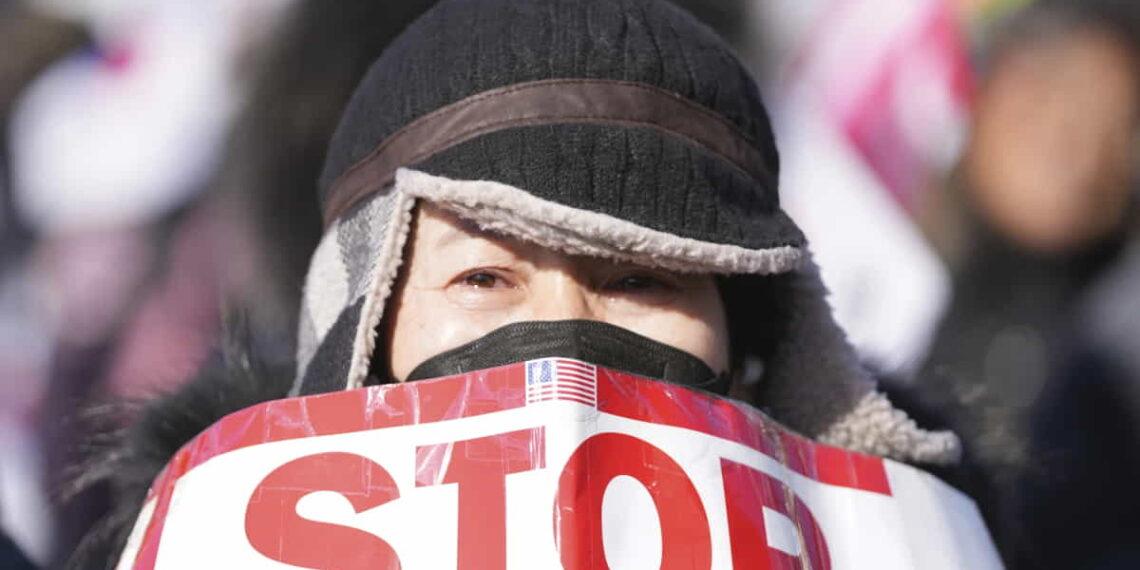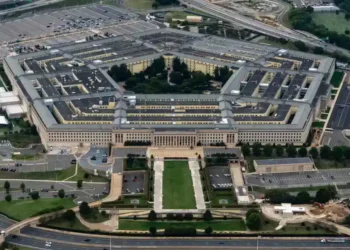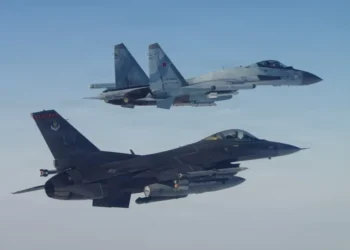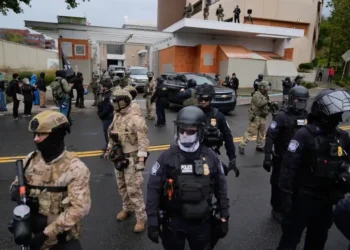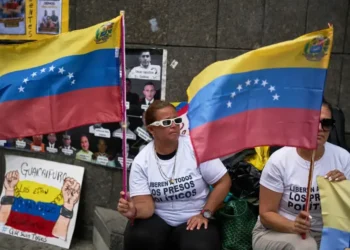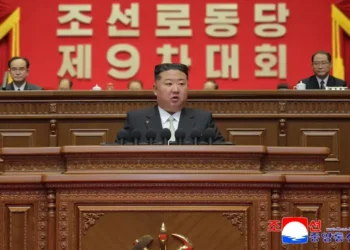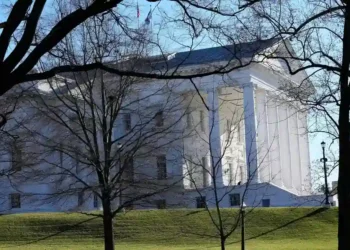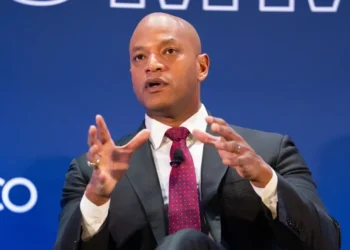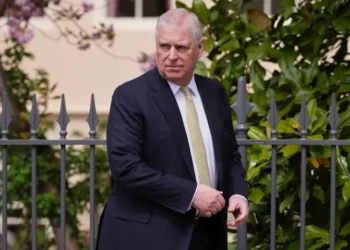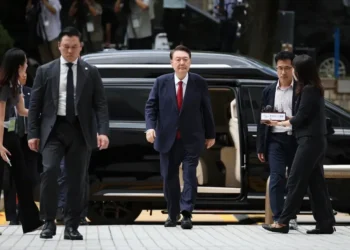South Korea’s Yoon Suk Yeol Detained Amid Martial Law Controversy
In a historic turn of events, South Korea’s impeached president, Yoon Suk Yeol, was detained on Wednesday during a major law enforcement operation at the presidential compound. Yoon, the first sitting South Korean president to be detained, faces potential rebellion charges linked to his controversial declaration of martial law.
Yoon’s Defiance and Detention
Despite his detention, Yoon maintained his stance that the Corruption Investigation Office for High-Ranking Officials (CIO) lacked the authority to investigate his actions. In a recorded message, he criticized the state of the legal system, saying, “The rule of law has completely collapsed in this country.”
Yoon had been barricaded in his presidential residence for weeks, vowing to resist efforts to oust him. He defended his December 3 declaration of martial law as a necessary measure against what he described as an “anti-state” opposition using its legislative majority to obstruct governance.
On Wednesday, after hours of confrontation, law enforcement entered the presidential compound, apprehended Yoon, and escorted him to the CIO office in Gwacheon. His detention follows the arrest of several high-ranking officials, including the defense minister and top military commanders, for their roles in enforcing martial law.
What’s Next for Yoon?
Yoon’s detention could last weeks or months, depending on the progression of legal proceedings. The CIO has 48 hours to request a court order for his formal arrest.
- If granted, Yoon’s detention could extend to 20 days for further investigation before prosecutors take over.
- If indicted on rebellion and abuse of power charges, Yoon could remain in custody until an initial court ruling, typically delivered within six months.
Under South Korean law, a conviction for rebellion could result in the death penalty or life imprisonment.
The Political and Legal Fallout
Yoon’s impeachment by the National Assembly on December 14 suspended his presidential powers. The Constitutional Court is now deliberating whether to formally remove him from office or reject the impeachment case.
Yoon denies the charges, claiming his declaration of martial law was essential to counteract the opposition’s legislative “dictatorship.” In a Facebook post after his detention, Yoon insisted, “Martial law is not a crime,” and described his impeachment as “fraud.”
The Scene at the Presidential Compound
The operation to detain Yoon unfolded dramatically:
- Investigators and police faced an hourslong standoff with presidential security forces.
- Police used wire cutters to remove barbed wire and ladders to bypass barricades.
- Yoon’s supporters gathered outside, shouting slogans and holding signs, while his critics demanded his imprisonment.
The operation concluded with Yoon’s transfer to the CIO office in Gwacheon.
Reactions and Concerns
The incident has deeply polarized South Korea:
- Supporters of Yoon rallied near the CIO office, expressing dismay and vowing to stand by him. Some attempted to block his motorcade by lying on the road.
- Critics, including opposition lawmakers, view his detention as a step toward restoring democracy and the rule of law.
South Korea’s acting leader, Deputy Prime Minister Choi Sang-mok, reassured G7 diplomats and other global representatives that the government remains stable.
The Lead-Up to Martial Law
Yoon’s martial law declaration on December 3 involved deploying troops to the National Assembly, accusing the opposition of paralyzing state affairs. However, the measure was swiftly overturned when lawmakers voted to lift it and subsequently impeach him.
The Constitutional Court held its first hearing on Yoon’s impeachment on Tuesday, but it was adjourned after Yoon refused to attend. A second hearing is scheduled for Thursday.
Legal Challenges Ahead
Yoon’s legal team contests the validity of the detention warrant, arguing it violates laws protecting military secrets. They also claim the CIO lacks jurisdiction over rebellion charges.
Despite these defenses, the Seoul Western District Court cited substantial evidence to label Yoon as a “ringleader of a rebellion.”
The Bigger Picture
Yoon’s detention marks a pivotal moment in South Korea’s democracy, underscoring the tension between executive authority and legislative checks and balances. As the nation awaits the Constitutional Court’s decision, the unfolding events will shape South Korea’s political future and its commitment to the rule of law.
This article was rewritten by JournosNews.com based on verified reporting from trusted sources. The content has been independently reviewed, fact-checked, and edited for accuracy, neutrality, tone, and global readability in accordance with Google News and AdSense standards.
All opinions, quotes, or statements from contributors, experts, or sourced organizations do not necessarily reflect the views of JournosNews.com. JournosNews.com maintains full editorial independence from any external funders, sponsors, or organizations.
Stay informed with JournosNews.com — your trusted source for verified global reporting and in-depth analysis. Follow us on Google News, BlueSky, and X for real-time updates.
